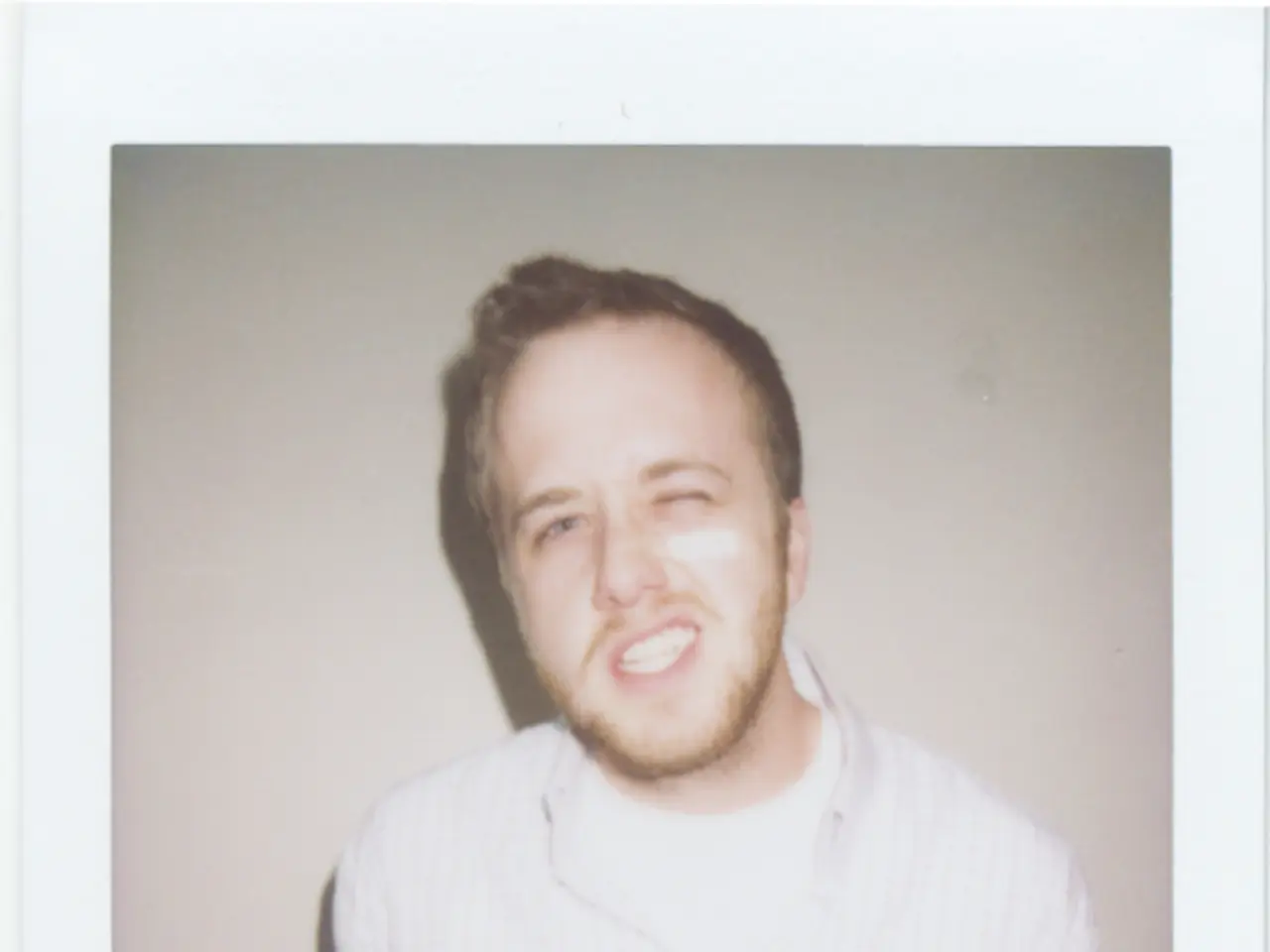Revolutionary Genetic Treatment Restores Sight for Individual Suffering from Rare, Previously Incurable Type of Blindness
Gene Therapy Shows Promising Results for Usher Syndrome Type 1b
A groundbreaking gene therapy has shown substantial improvement in vision for a 38-year-old man with Usher Syndrome type 1b, according to early clinical trial results [1][4]. This therapy, known as the "split gene therapy", uses a novel approach to deliver the large MYO7A gene, which is too big for traditional single AAV vectors [1][2].
The treatment involves the use of two AAV (Adeno-Associated Virus) vectors, each carrying a half of the MYO7A gene. These vectors deliver the split gene fragments to cells, where they recombine to restore the gene's function [2]. The researchers at the Telethon Institute of Genetics and Medicine (TIGEM) in Pozzuoli, Italy, were responsible for this innovative solution [2].
The man, who is the first patient in the world to receive this specific treatment, has reportedly experienced significant improvements in his vision. He can now recognize faces, navigate warehouse aisles at work, and read subtitles on TV due to his improved vision [4]. These improvements were noted in both near and distant vision, and even in low light conditions [4].
Mild, infrequent, and easily managed side effects were reported, but no specific details were given [4]. The improvements were observed as early as two weeks after the procedure and continued over time [1].
The gene therapy trial, involving eight patients, has shown promising results in restoring vision for a patient with Usher syndrome type 1b [1]. The trial is set to continue over the coming months, testing a higher dose of the treatment in seven more patients [1]. The trial is being conducted at the Center for Advanced Ocular Therapies at Vanvitelli University, one of the participating centers [1].
If the trial continues to show positive results, it could lead to a new treatment option for inherited eye diseases currently without any treatment options [4]. This method has the potential to treat other conditions caused by large genes that exceed conventional vector capacity [4].
The researchers are feeling positive about the trial's progress, but emphasize that it is still ongoing and a long road lies ahead before the therapy could be approved [1]. However, the preliminary results have generated cautious optimism among researchers [1].
References: [1] Nature Medicine [2] Cell Reports Medicine [4] The Guardian
- The groundbreaking 'split gene therapy' in Usher Syndrome type 1b research, as seen in clinical trials, could revolutionize the field of medical-conditions related to large genes that exceed conventional vector capacity.
- This novel approach, utilizes two AAV vectors to deliver split gene fragments, recombining to restore function in cases like Usher Syndrome type 1b, demonstrating a significant advancement in the field of science and medicine.
- Ongoing research in health and wellness, such as this gene therapy trial for chronic diseases like Usher Syndrome type 1b, could lead to new fitness-and-exercise opportunities for those with visual impairments.
- Mental health improvements may also be possible as individuals with chronic diseases experience a boost in their ability to live more independently, thanks to advancements in gene therapy like the one being tested for Usher Syndrome type 1b.
- The ongoing gene therapy trial for Usher Syndrome type 1b, being conducted by the Telethon Institute of Genetics and Medicine and the Center for Advanced Ocular Therapies at Vanvitelli University, could bring hope to millions suffering from inherited eye diseases with no current treatment options.
- Controlled studies and continued research in this field of genetics are essential to ensuring that promising treatments like the gene therapy for Usher Syndrome type 1b can one day become a reality for those affected by chronic diseases.




